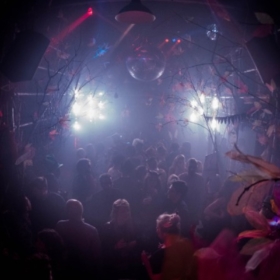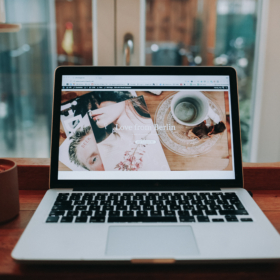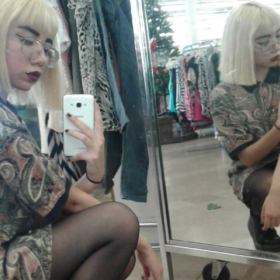Queer is a word which I’ve seen divide opinion in the LGBT+ community.
Some people say that the word shouldn’t be used at all, some want to reclaim it, and some use it as umbrella term for LGBT+ people and their own sexual or gender identity. But is it a word that should still be used in common parlance? Is this a slur that can truly be reclaimed? Is it a catch-all term that could possibly stand for the whole LGBT+ community, or an offensive generalisation?
Let’s rewind a little and look at the origins of the word. ‘Queer’ has a long history with the LGBT+ community, but originally entered the English language in the 16th century. Back then it was an innocent word meaning strange, or peculiar, but was later used more prominently as a derogatory term to describe effeminate men, or men who would engage in same-sex relationships. Later, as homosexuality slowly began to be less stigmatised and penalised in Western cultures, people started to reclaim it.
Beginning in the late 1980s, many people started identifying as queer aside from any other gender or sexuality label. It became a rejectionist identifier too, especially reclaimed by LGBT+ people of colour as a response to a shift in the LGBT+ community moving more towards traditionalism, or assimilationism. They rejected many of the LGBT+ community moving towards marriage, adoption, and other things they believed were pandering to straight or cisgender norms.
Fast forward to today and ‘queer’ is a term that is widely used.. TV shows like Queer As Folk, Queer film festivals, and Queer artists have made it a more acceptable label, especially among millennials. My own blog has the title The Quirky Queer, and many people use queer as their primary sexuality and/or gender identifier.
So why are there still so many issues with the use of the word?
For many people it is a word that will always be a slur, a word that has been used to call LGBT+ people strange, disgusting and worse. It’s a word associated with not being accepted, with prejudice, and with violence. A lot of people wholeheartedly reject the idea that being LGBT+ is strange or peculiar and don’t feel like the word queer represents them – and fair enough.
Many people also object to the word ‘queer’ being applied, blanket-style, while their chosen labels are ignored. I see articles talking about a “queer woman” despite the fact that the woman in question specifically identifies as lesbian, and that is not something that should be overlooked. These individual labels – gay, lesbian, bisexual, transgender (among others) are important to many people who are building an empowered identity and shouldn’t be ignored. Some lesbians I’ve known do not want to be put under the same umbrella as bisexual and trans-women and vice versa – but that’s a topic for another day. The essential point remains – queer is not a catch-all term.
However, this doesn’t mean that the word shouldn’t be used at all. Queer is an important identifier for a lot of people. Some people don’t fit into the boxes within LGBT+; maybe they don’t quite understand their gender or sexuality, or maybe they completely understand their sexuality and/or gender and just feel like the word queer is the “box” they fit into (albeit a very big one with ever-shifting walls!)
Personally, I love the word. I can completely understand why many people don’t want to be addressed as queer, but it fits me. My sexuality is quite fluid, and I don’t think I’ve ever understood where I stand with my gender so rather than trying to explain, or hurry to understand all of that, I just say “Yeah, I’m queer”. Because of these things I also don’t feel like I fit into a lot of society’s standards and, by identifying as queer, I’m acknowledging my differences and saying that’s OK. It fits, it works, it’s me.
So yes, I do think that it’s a slur that can be reclaimed – and I believe it already has been – but it’s not a word that’s for the whole of the LGBT+ community. It has a deep rooted history and many people don’t feel like it does fit them, and that’s OK too.
At the end of the day, it all comes down to individual preference. My advice is not to use it to describe someone unless they’ve explicitly said themselves that they are queer because it’s a weighted word that might not represent that person and their identity.
I guess you could say that the word ‘queer’ itself is neither bad nor good – it all comes down to the way it’s used.
Image Credit: @id_mexico





